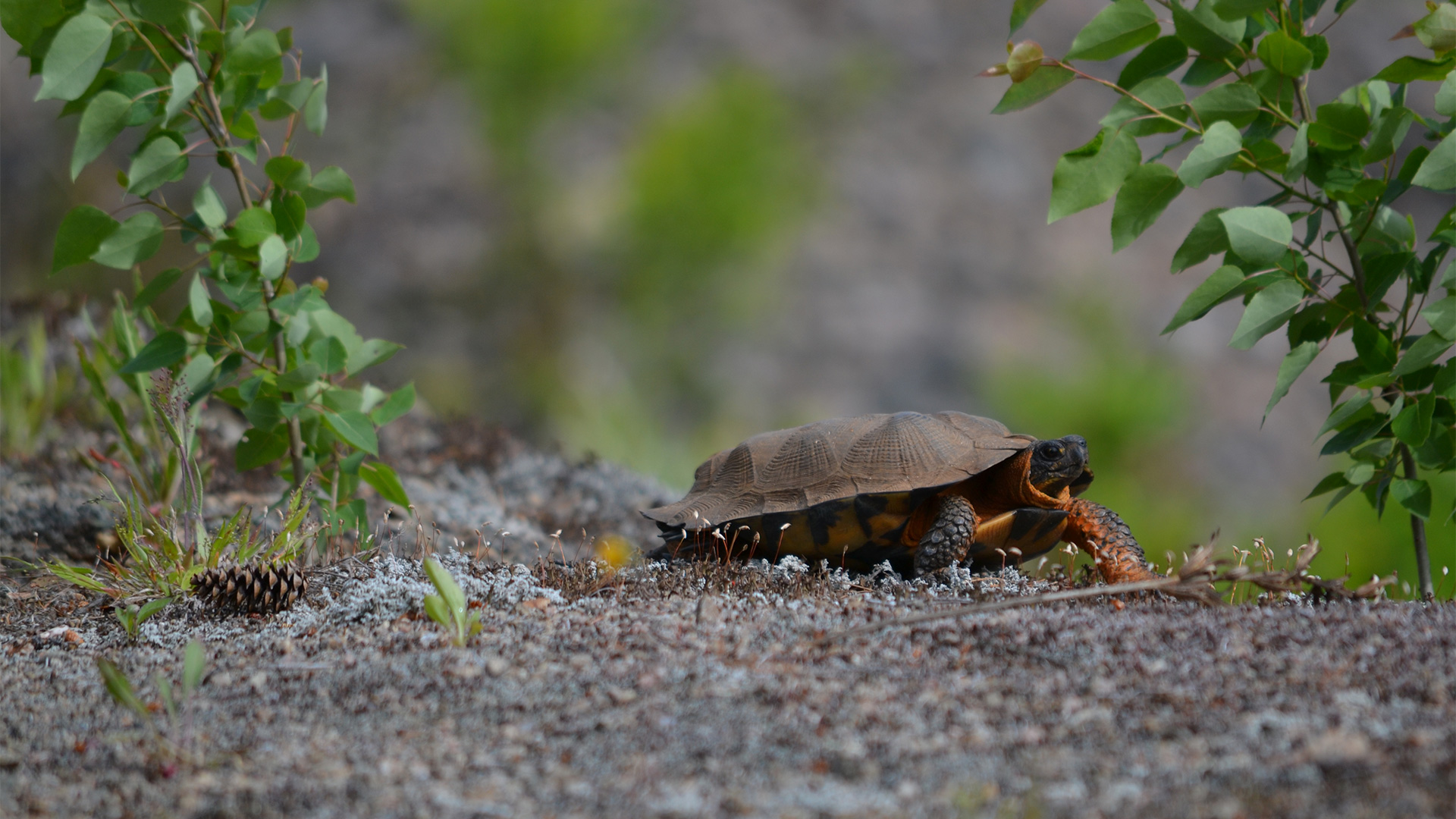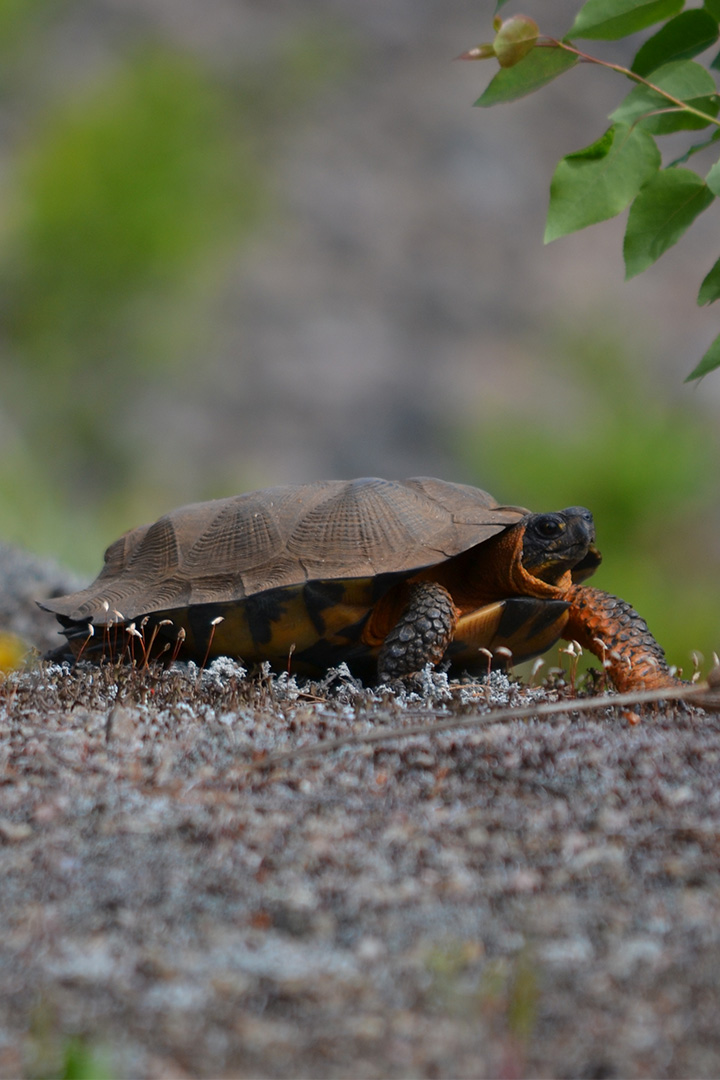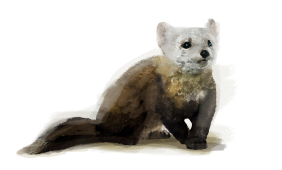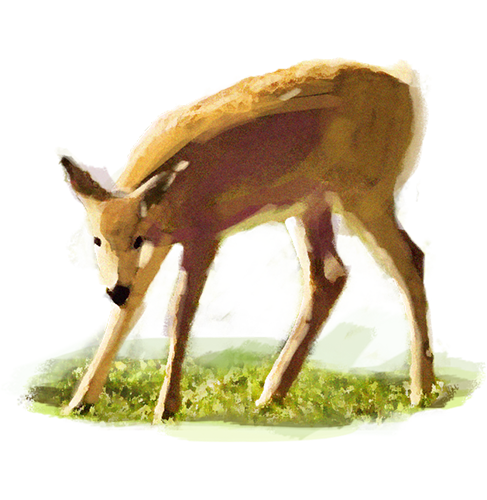

An exhaustive study of this important Wood turtle population over more than 15 years unfortunately allowed us to note its decline, indicating that it could disappear in the short term if nothing is done. The species is designated as vulnerable in Québec and the greatest threats to its survival are related to human activities, including the fragmentation, modification or destruction of its habitat. For example, river banks are home to the Wood turtle but are greatly coveted for residential and recreational development. Other threats are related to pollution and the excessive predation of eggs, juveniles and adults by predators that have become overabundant as a result of human activity, such as skunks and raccoons.
The Wood Turtle Nature Reserve is at the center of the species’ largest populations’ habitat. It essentially protects a nesting site used by a large majority of the population’s females, but also protects a large section of the migration corridor used by all Wood turtles. The wetlands present in the Wood Turtle Nature Reserve are also crucial for the development of young turtles, as they provide food and shelter to protect them from predators during the first years of their life.
The natural features of the site and its strategic position make this nature reserve a determining factor for the conservation of the Wood turtle population in the Mauricie region.
Since 2014, our team has been working continuously to develop projects and action plans to help the Wood turtle. Our biologists first worked to restore the site of the nature reserve to rid it of the abundant vegetation that was beginning to invade the site. Each year the team maintains the site to provide a quality environment for the Wood turtles for the breeding season. And surveillance of the nesting site is continuously provided to ensure higher birth rates contributing to species survival.
Our team of specialists focuses not only on the nature reserve and Wood turtle breeding success, but also investigates the causes of mortality in order to establish concrete protection measures for the species. Road mortality, a major cause of death in turtles, is currently being studied. Steps are taken to mitigate the risk of road mortality for Wood turtles, including the installation of roadside awareness panels. Similarly, our biologists are conducting an impact study of ATVs on the species, a component that has been little studied so far and which could present interesting avenues for the future protection of the Wood turtle in this area.
Finally, to ensure cohabitation in harmony with the Wood Turtle and to promote its preservation, our team works with private landowners to encourage them to adapt a parcel of their land for the species.
Do not hesitate to contact our conservation department to see how you can help:
Research and Conservation Coordinator Tel. : 514-457-9449 ext. 600 rouleau.sebastien@ecomuseum.ca

